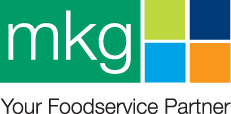Elderly people generally drink very little water and it is often assumed that tea, coffee, soup, custard and sugary drinks have the same benefits as water.
Encouraging residents to drink regularly throughout the day will ensure their hydration needs are met. The Food Standards Agency recommends a daily intake of six to eight glasses of water or other fluids. Ensure that there is access to clean drinking water 24hrs a day and provide education, training and information about the benefits of good hydration to staff, carers and people who use services, and encourage peer-to-peer learning.
Keep them hydrated
Offer regular fluids, within easy reach, throughout the day (water, fruit juice, ice lollies, jellies etc)
To remain hydrated, patients shouldn’t wait until they are thirsty to drink – by then they are already dehydrated. Instead, they should drink little and often and try to avoid dehydrating alcohol, tea and coffee
Serve/prepare cold foods and foods that have a high water content including vegetables, salads and fruit, jellies, ice creams, sorbets, yoghurts etc
Keep communal areas well-aired and heating off
Heat-related illnesses
Heat cramps – caused by dehydration and loss of electrolytes, often following exertion
Heat rash – small, red, itchy papules
Heat syncope – dizziness and fainting, due to dehydration
Heat exhaustion – this is the most common illness and occurs as a result of water or sodium depletion
